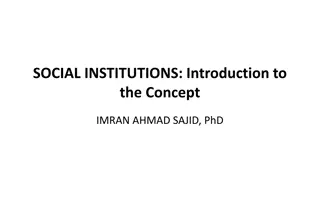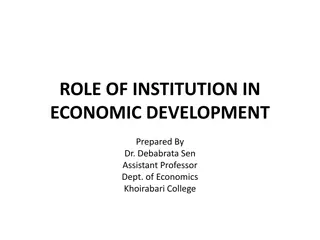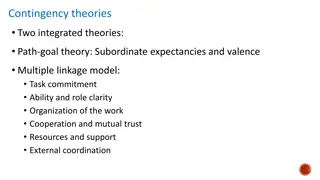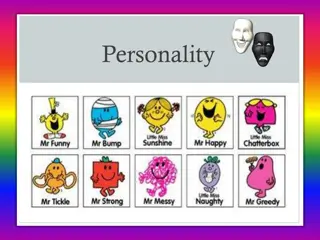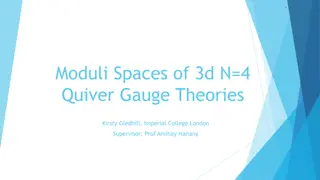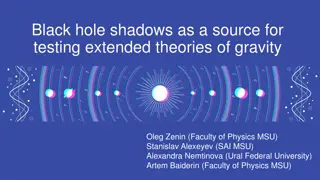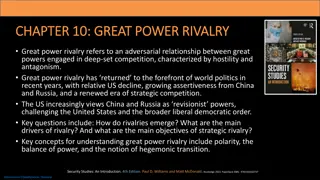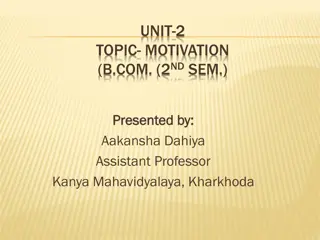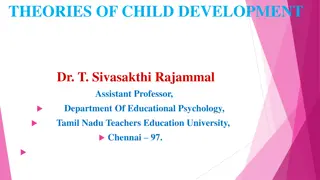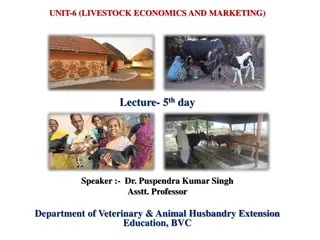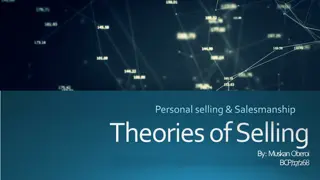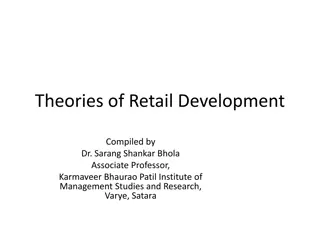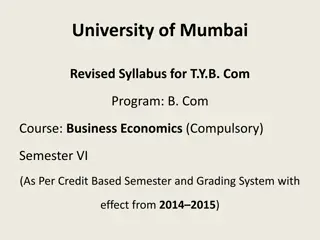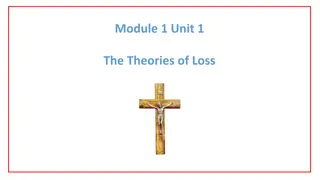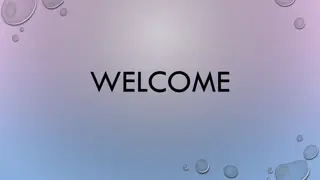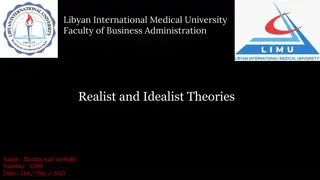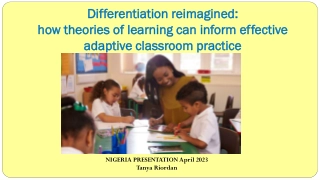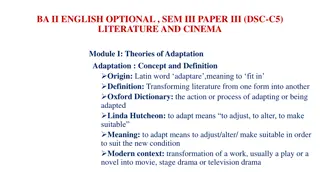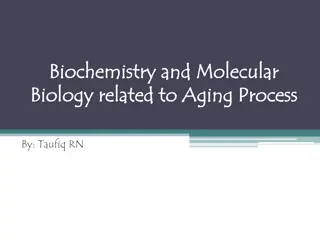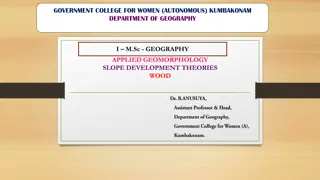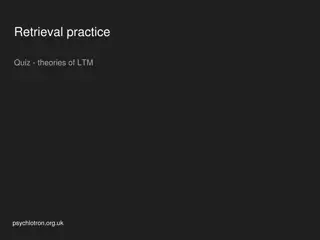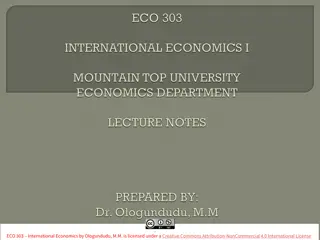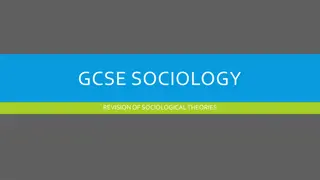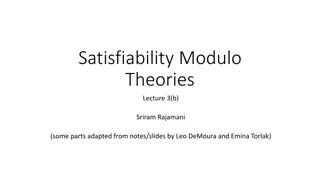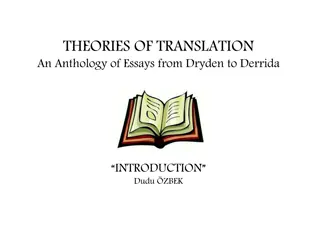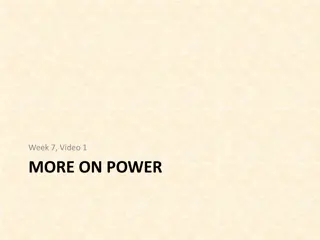Exploring Michel Foucault's Theories on Power, Knowledge, and Institutions
Michel Foucault's work focuses on the relationship between power, knowledge, and social institutions. He challenges traditional notions of truth and explores how power shapes societal structures such as schools, prisons, and offices. Foucault's approach, from Archaeology to Discourse Analysis, sheds light on how power operates and how it influences the construction of social reality.
Download Presentation

Please find below an Image/Link to download the presentation.
The content on the website is provided AS IS for your information and personal use only. It may not be sold, licensed, or shared on other websites without obtaining consent from the author. Download presentation by click this link. If you encounter any issues during the download, it is possible that the publisher has removed the file from their server.
E N D
Presentation Transcript
MICHEL FOUCAULT 1926-1984 People know what they do; frequently they know why they do what they do; but what they don't know is what what they do does. 1
KEYWORDS POWER DISCIPLINE KNOWLEDGE DISCOURSE GENEALOGY TRUTH EFFECTS PANOPTICON ARCHAEOLOGY BIOPOLITICS People know what they do; frequently they know why they do what they do; but what they don't know is what what they do does. 2
FOUCAULT in a JIFFY Central approach can be summed up as a study of the connection between Power, Knowledge and Institutions, with reference to the concept of Truth. Though he began as a Marxist and Structuralist, he later moved away from these theoretical positionings and critiqued their approaches. He defines truth as a system of ordered procedures for the production, distribution, regulation, circulation, and operation of statements. Through this system of truth, power structures are created and enforced. Though Foucault's definition of truth may differ from other sociologists before and after him, his work with truth in relation to power structures, has influenced our understanding of social institutions . Schools serve the same social functions as prisons and mental institutions- to define, classify, control, and regulate people. 3
He primarily looks at history, not as a continuity but as discontinuities. He terms his approach as Archaeology , which entails doing away with the notions of traditions and origins. This approach looks at discouse not as a state of infinite continuity, but as a state of sudden irruption. Language is a system of statements that make up a discourse. We do not contend with the structural or grammatical aspects of language in the Archaeological method, instead archaeology asks- how is it that one particular statement appeared rather than another? Hence a statement is like an event, unique, yet it can be repeated, transformed or reactivated. All of these veer down to the realisation that Power and Knowledge are together in establishing institutions of social control. He considers the schools, prisons, offices as institutions of social control. He looks at Power as creative , in that, it creates a certain docile subject(citizen, student, ideal prisoner), also Power is also a site of pleas 4
WORKS THE HISTORY OF MADNESS (1961) THE BIRTH OF THE CLINIC (1963) THE ORDER OF THINGS (1966) THE ARCHAEOLOGY OF KNOWLEDGE (1969) DISCIPLINE AND PUNISH (1975) THE HISTORY OF SEXUALITY (1976) I'm no prophet. My job is making windows where there were once walls. 5




